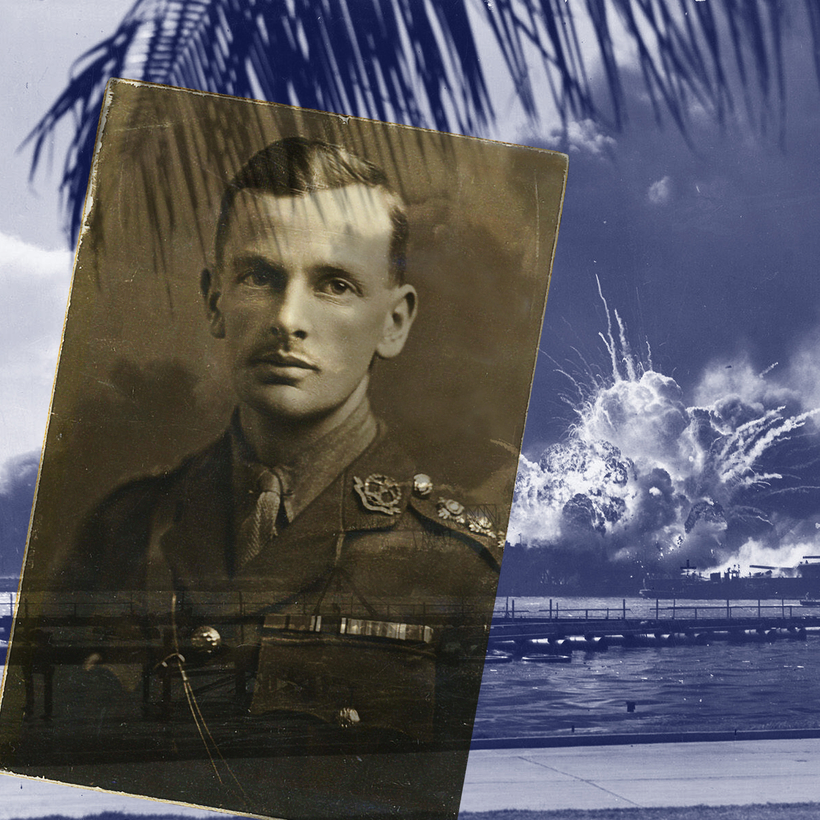Writing a biography of Charles Howard “Dick” Ellis, the Australian-born intelligence officer for Britain’s M.I.6 accused of being one of the worst traitors of the 20th century, was never going to be easy. He was a spy. He was secretive about his personal life. And he may or may not have been guilty of aiding and abetting not just Adolf Hitler but Joseph Stalin.
Nothing had ever been proved in that regard, despite an alleged partial confession in the 1960s. Ellis, who died in 1975, left little behind by way of papers, and his remaining family members—a daughter and granddaughter in New York—wouldn’t cooperate with me. I’d been told it was far too hard, too labyrinthine a project to even contemplate. But it was such a cracking untold story I found it impossible to resist.

